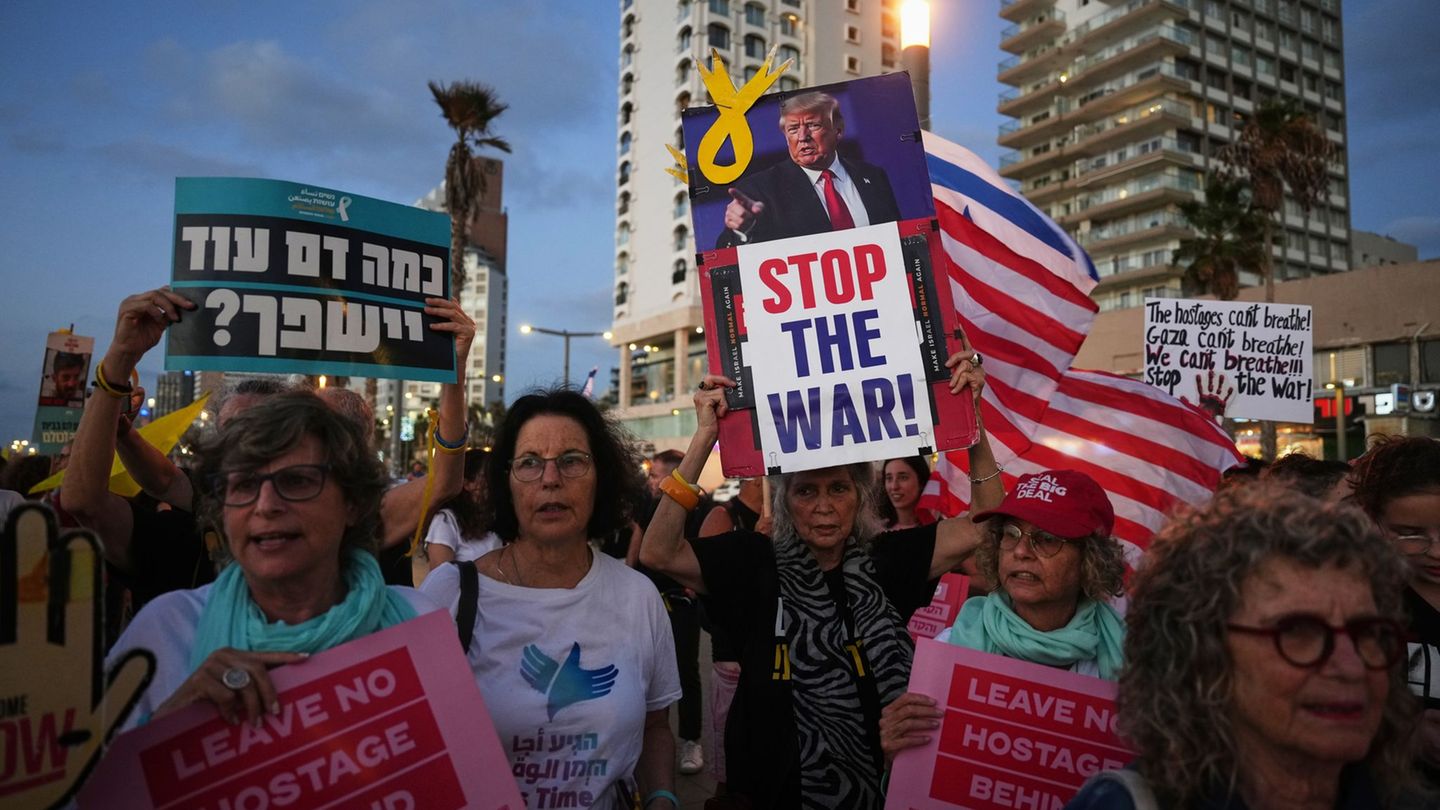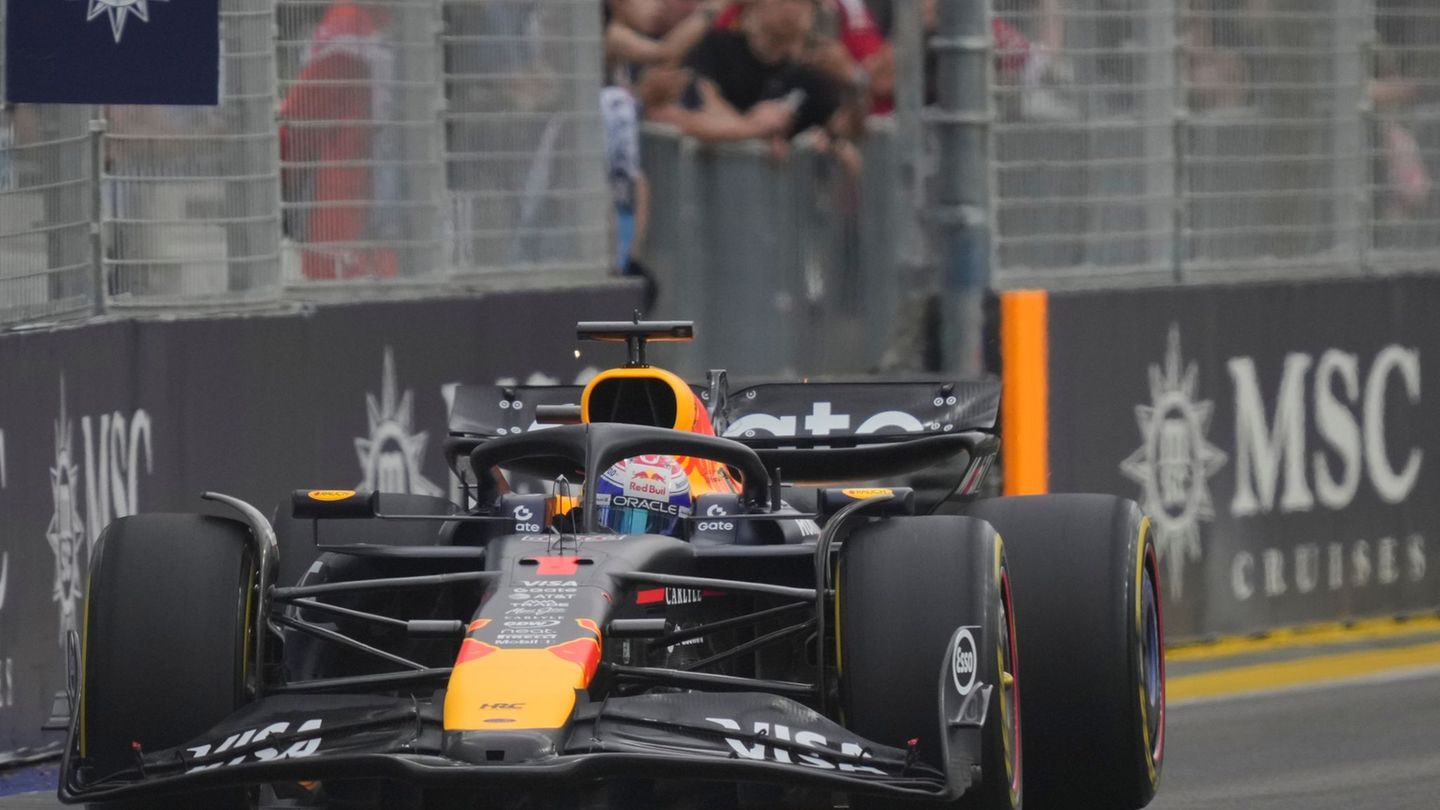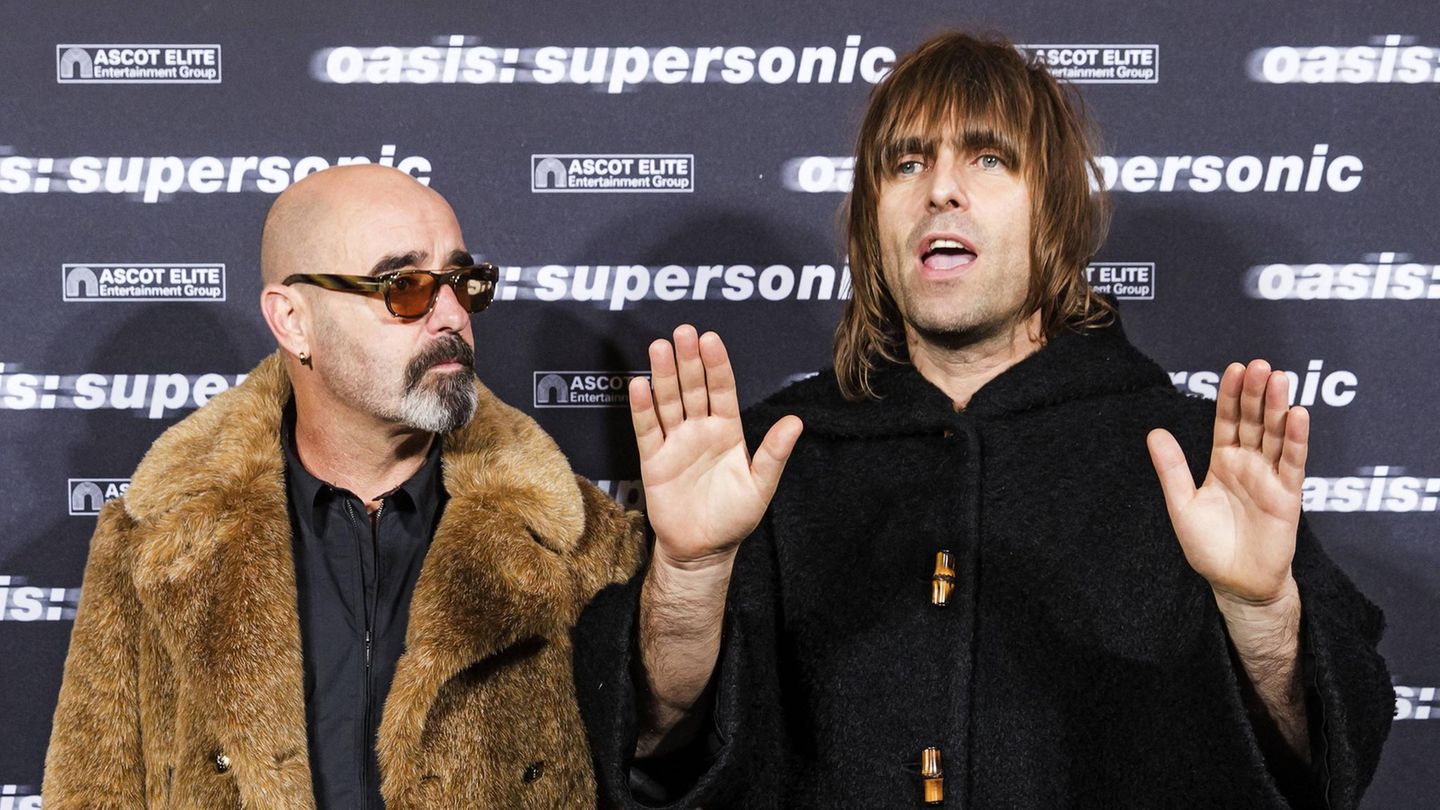Employer President Rainer Dulger accepts that the struggle for new collective agreements can lead to labor disputes. With a view to the GDL strike, however, he sees a need for new rules.
After the strikes by the train drivers’ union GDL at the railways, employers see a need for legal reform. Employer President Rainer Dulger told the German Press Agency that the strike had little to do with the implementation of wage demands.
That is obvious. «The GDL is fighting for the pioneering position in a large company and is paralyzing the whole country for this. For me, this shows that there is a need for the legislature here. “
Dulger went on to say: “Especially in the area of infrastructure, the state should think more sensitively about how to organize cooling phases. Because here the damage caused by a strike is particularly great and takes a particularly large number of bystanders hostage. Of course I accept that there can be labor disputes, but labor disputes without rules do not fit into the social market economy of the 21st century. ”
Dulger made it clear that he did not want to re-tighten the tariff unity law. The train drivers’ union GDL sees itself in fierce competition with the larger railway and transport union EVG. According to the unified collective bargaining law passed in 2015, only the collective agreement of the larger employee representation should apply to two unions in one company. “One company – one collective agreement” is what this principle is called. In the majority of the 300 or so railway operations, this is the EVG from the perspective of the railway.
Jane Stock is a technology author, who has written for 24 Hours World. She writes about the latest in technology news and trends, and is always on the lookout for new and innovative ways to improve his audience’s experience.




